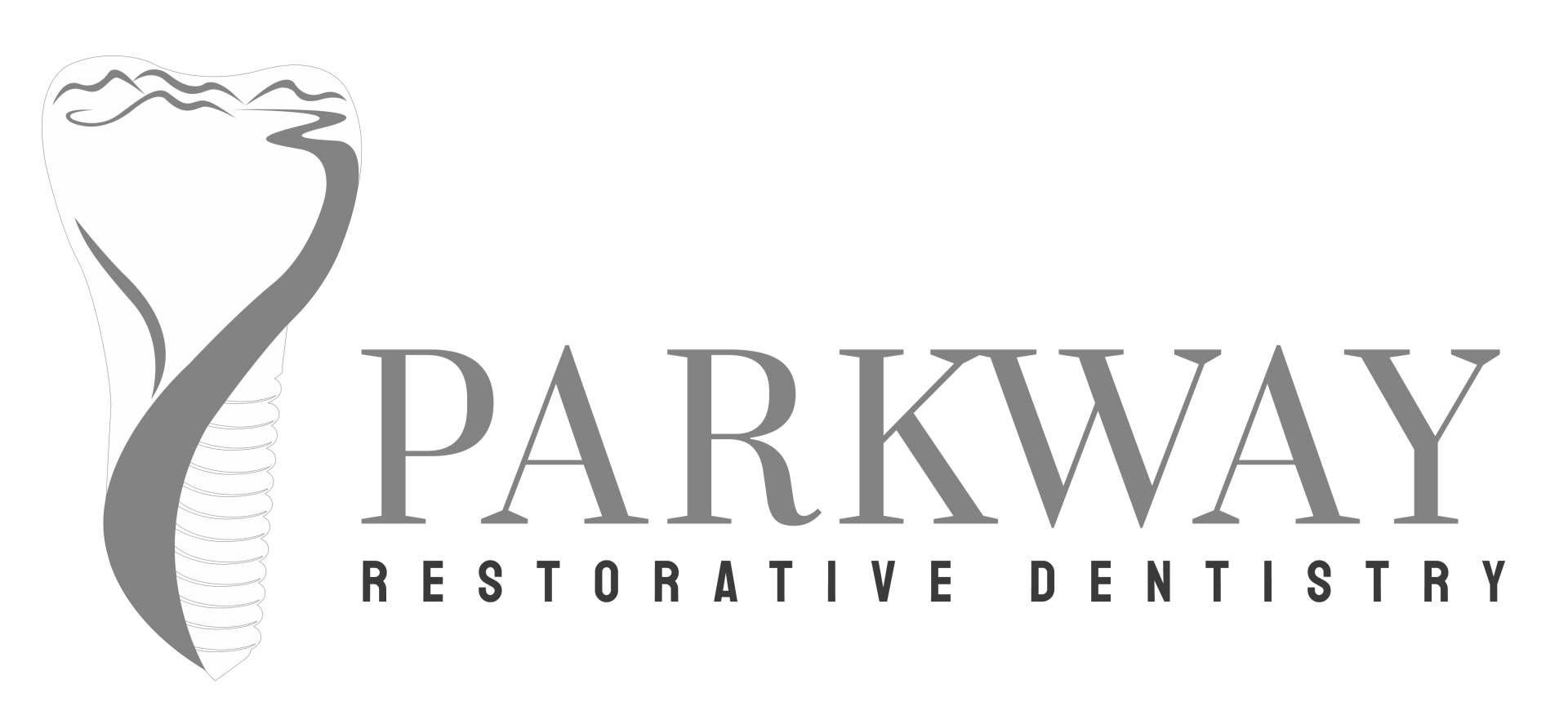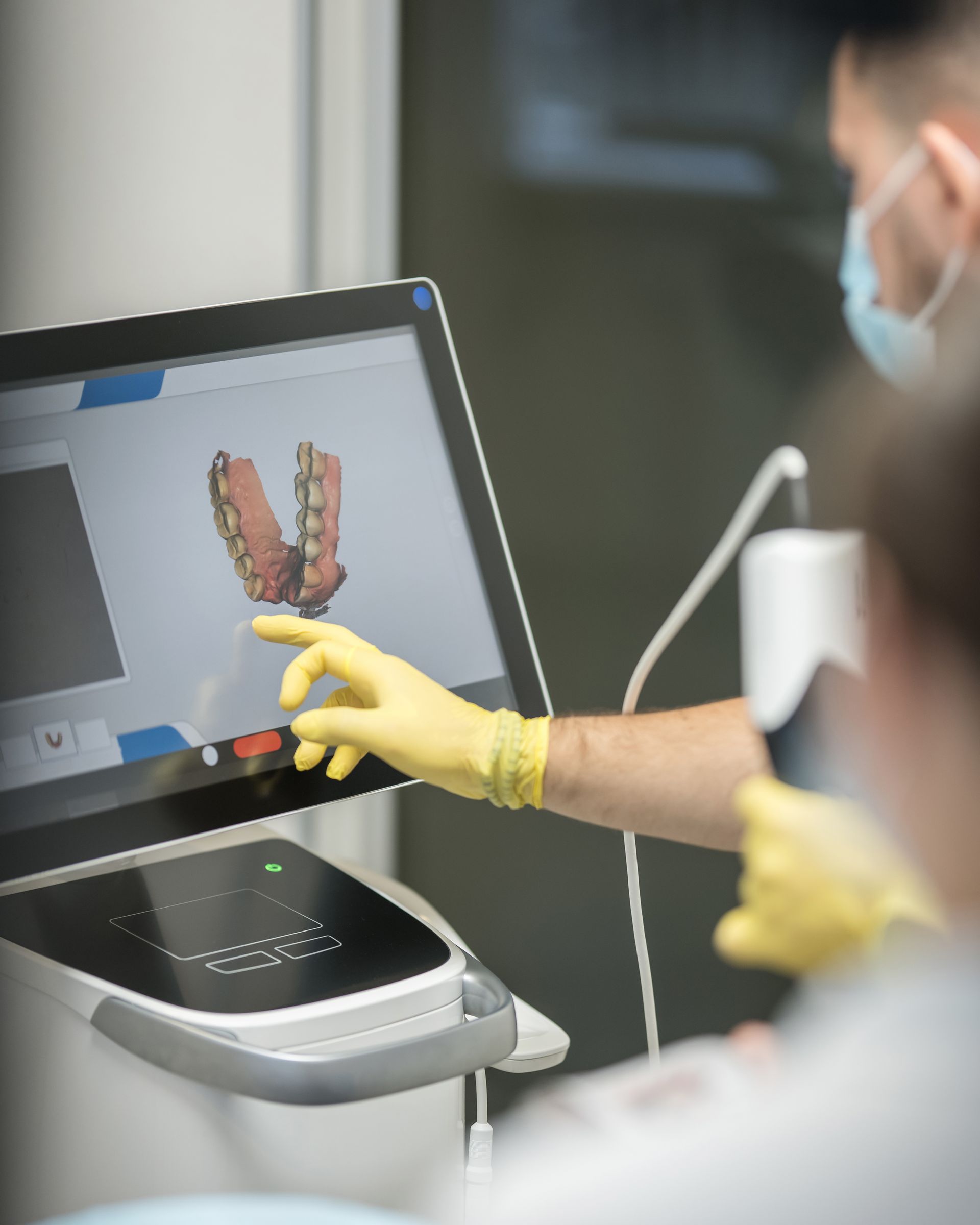Affordable Dental Implants in Asheville: Insurance and Financing Explained

Dental implants are one of the best ways to replace missing teeth, but cost is often the biggest worry for patients. If you are wondering whether implants are affordable or if insurance will help, you are not alone. At Parkway Restorative Dentistry in Asheville, we talk with patients every day who want to know how they can fit implants into their budget.
The good news is that there are several ways to make treatment more manageable. Let's take a closer look at insurance coverage, payment plans, and
financing options so you can feel confident about moving forward with your smile.
Why Are Dental Implants Considered Expensive?
Implants cost more than dentures or bridges, and there are a few reasons for that:
The Real Costs Behind Implant Treatment:
- Surgical procedure - Placing an implant involves surgery, which requires special training and precision
- High-quality materials - Titanium posts and custom crowns are designed to last for years
- Multiple steps - From placement to healing to restoration, implants are a process, not a single visit
- Advanced technology - 3D imaging, surgical guides, and precision equipment add to the investment
- Specialist expertise - Years of training and experience in implant dentistry
- Long-term value - While they cost more at first, implants can last a lifetime, unlike dentures that may need replacing
When you break down what goes into implant treatment, the cost makes more sense. You are paying for cutting-edge technology, premium materials, and expertise that can give you decades of function.
Does Dental Insurance Cover Implants?
Here is the tricky part: many dental insurance plans still consider implants to be "elective," which means they may not cover the entire cost. However, some plans will help with certain parts of the treatment.
What Insurance May Cover:
- Tooth extractions before the implant
- Bone grafts or sinus lifts if medically necessary
- Crowns or bridges that attach to the implant
- Temporary dentures or partials during the healing period
- Diagnostic X-rays and consultations
- Treatment of gum disease before implant placement
What Insurance Usually Does Not Cover:
- The implant post itself
- Surgical placement fees
- Abutments that connect the implant to the crown
Coverage varies dramatically from plan to plan. Some newer plans are starting to cover more implant treatment, especially as dentistry recognizes implants as the standard of care. The best step is to bring your insurance information to your consultation. Our team can check your benefits and give you a clear picture of what may or may not be included.
What If Insurance Does Not Cover Much?
This is very common, and you should not let limited insurance stop you from getting the treatment you need. Even if insurance does not cover the full cost, you still have options to make implants affordable.
Alternative Payment Strategies:
1. Health Savings Accounts (HSA) or Flexible Spending Accounts (FSA) If you have one of these accounts through your employer, you may be able to use pre-tax dollars to pay for part of your treatment. This can save you 20-30% depending on your tax bracket.
2. Financing Plans At Parkway Restorative Dentistry, we partner with companies like CareCredit and Proceed Finance. These programs allow you to spread out the cost of treatment into manageable monthly payments, often with promotional interest rates.
3. Split Treatment Into Phases For some patients, we can plan treatment in stages. This helps spread out the costs over time instead of paying everything at once. For example, we might do extractions and bone grafting first, then place implants later.
4. Payment Plans with the Practice Some dental offices offer in-house payment plans that let you pay over time without involving outside finance companies.
How Financing Works
Financing is simple and works much like a credit card, but often with lower interest rates and special plans. Here is how it usually works:
The Financing Process:
- Apply online or in-office (quick approval, often within minutes)
- Choose a payment plan that fits your budget (6 months to 60+ months)
- Begin treatment right away instead of delaying because of cost
- Make monthly payments until the balance is paid off
Types of Financing Available:
- 0% interest promotional periods (often 6-24 months)
- Low-interest extended payment plans
- No credit check options for some patients
- Same-day approval for qualified applicants
Many patients are surprised to find they can get implants for $100-300 per month, which is often less than they expected. When you compare that to the monthly cost of denture adhesives, cleaners, and replacements over time, implants can actually save money.
Comparing Long-Term Costs
Let's look at the real numbers over 20 years:
Dental Implants:
- Initial cost: $4,000 (single implant)
- Maintenance: $200/year for cleanings
- Replacement: $0 (implants can last lifetime)
- 20-year total: $8,000
Dentures:
- Initial cost: $1,500
- Adhesives/cleaners: $300/year
- Adjustments: $200/year
- Replacement (every 7 years): $1,500 x 3 = $4,500
- 20-year total: $16,000
When you look at it this way, implants are often the more affordable option over time.
Are Dental Implants Worth the Cost?
It is natural to wonder if implants are worth it. Consider what they give you:
The Value You Get:
- Confidence in your smile - No more hiding your teeth or feeling self-conscious
- Comfort and stability - No slipping dentures or sore spots
- Better nutrition - Eat the foods you love again without restriction
- Jawbone protection - Prevent bone loss and facial sagging that ages your appearance
- Improved speech - Clear pronunciation without worrying about dentures moving
- Longevity - Unlike dentures, implants can last decades or more
- No impact on other teeth - Unlike bridges, implants do not affect neighboring teeth
When you add up the benefits and the fact that implants are often a one-time investment, many patients find the cost is well worth it. We have had patients tell us that getting implants was one of the best decisions they ever made.
Tips for Making Dental Implants More Affordable
Here are some practical tips to help reduce the financial stress:
Money-Saving Strategies:
- Ask about bundled pricing if you need multiple implants
- Use your dental insurance for parts of the treatment it does cover
- Apply HSA or FSA funds if available to get tax savings
- Look for 0% interest financing promotional offers
- Discuss phased treatment with your dentist if possible
- Consider implant-supported dentures instead of individual implants for full mouth cases
- Time your treatment around your insurance benefit year
- Ask about any current specials or promotions
Questions to Ask Your Dentist:
- What is included in the quoted price?
- Are there any additional fees I should know about?
- What financing options do you recommend for my situation?
- Can treatment be phased to spread out costs?
- What happens if complications arise - are those costs covered?
Special Considerations for Different Budgets
Limited Budget Right Now:
- Start with a single implant for your most visible tooth
- Consider implant-supported dentures (fewer implants needed)
- Use dentures temporarily while saving for implants
- Take advantage of 0% financing to spread costs
Moderate Budget:
- Replace the most important teeth first
- Use a combination of implants and bridges
- Take advantage of package deals for multiple implants
Flexible Budget:
- Consider full mouth reconstruction with implants
- Invest in premium materials for best aesthetics
- Add bone grafting if needed for optimal results
What Happens During Your Financial Consultation
When you come in to discuss implants, we will:
- Review your insurance benefits in detail
- Explain all costs upfront with no hidden fees
- Present financing options that fit your budget
- Create a treatment plan that prioritizes your most important needs
- Help you apply for financing if you choose that option
- Answer all your questions about costs and payment
We believe everyone deserves to understand their options clearly before making any decisions.
FAQs
Do all insurance plans exclude implants?
Not all. Some plans are starting to cover more, but it is rare for them to cover the full treatment. Coverage is improving as implants become more standard.
What credit score do I need for financing?
It depends on the lender, but many patients are approved for plans through CareCredit or Proceed Finance even with fair credit. There are options for various credit situations.
Can I combine insurance with financing?
Yes. You can use insurance to cover what it will, then finance the remaining balance. This is a common approach that helps reduce the amount you need to finance.
What happens if I can only afford dentures right now?
We can start with dentures and later upgrade to implant-supported dentures or implants when you are ready. Many patients use this stepping-stone approach.
Are there any free or low-cost implant options?
Occasionally dental schools offer reduced-cost implants with students performing treatment under supervision. Some charitable organizations also help with dental care, though implants are rarely covered.
What if I get approved for financing but change my mind?
Most financing programs have a short window where you can cancel without penalty. Make sure you understand the terms before signing.
Take the First Step
If you are worried about the cost of dental implants, we are here to help. Schedule a consultation at Parkway Restorative Dentistry in Asheville and let our team review your insurance, financing options, and payment plans. Together, we can find a solution that works for you.
Many patients are surprised to learn that implants are more affordable than they thought. Do not let cost concerns prevent you from exploring your options. A consultation costs much less than living with missing teeth, and it might open doors you did not know existed.
Remember, the cost of doing nothing - dealing with denture problems, avoiding certain foods, feeling self-conscious about your smile - adds up over time too. Sometimes the most expensive choice is not making a choice at all.
Disclaimer
This blog is for informational purposes only and should not be taken as dental or medical advice. Every patient's needs are unique. For guidance about your specific situation, please consult a licensed dental professional.











